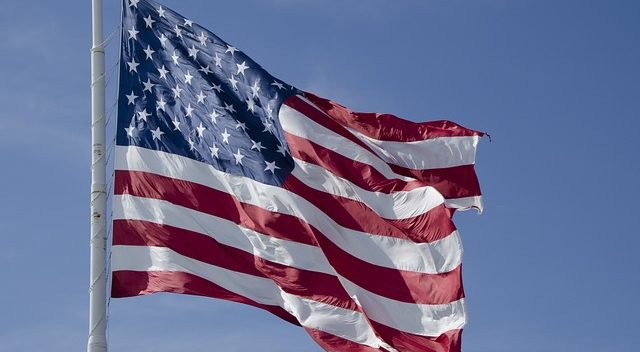We Must Be Free to Disagree: Protecting the First Amendment on College Campuses
Sower Staff Editorial
There have been seven different incidents this year– both peaceful and violent, resulting in injuries, arrests, and property damages– at the University of California at Berkeley, where students have protested speakers invited to share their controversial political views on campus.
Protests over a conservative comedian resulted in 11 arrests at New York University in February. A political conservative group at Middlebury College invited libertarian political scientist, Charles Murray to speak, only to be denied the right to listen to him because of protesters who deemed his words, “hate speech.”
A recent survey conducted by the Brookings Institute found that 53 percent of college students are in favor of limiting the freedom of speech, protected by the First Amendment, to prevent offensive or controversial views and ideas from being shared. A majority of the students surveyed said that such “hate speech” is unconstitutional.
The survey of 1,500 undergraduate students, representative of Democrats, Republicans, Independents, men, women, and private and public university students, illustrates a skewed perception of the First Amendment among millennials. The First Amendment, as interpreted by the Supreme Court, does have limitations– it does not protect speech intended to bring about lawless action, threats, libel, child pornography, or obscenity– but “hate speech” is not one of them.
The desired culture for college campuses, suggested by the results of the survey, is startling and crippling to the First Amendment. A majority of all students surveyed said that a university should be legally required to include a speaker with counterpoints if a controversial speaker is invited to share their views. Approximately 19 percent of the 1,500 students said that violence is an acceptable course of action to prevent a person with “offensive” views from speaking.
This begs the question, “What is ‘offensive’?” and who decides?
A majority also preferred the idea of a college that prohibits potentially offensive opinions from being expressed, rather than a culture where students can freely discuss news, politics, culture, and ideas. In short, students would rather be sheltered than informed.
The results of this survey are troubling because they display a generation with a lack of understanding of the First Amendment and how it should be exercised. It suggests a belief that just because you do not agree with or are offended by another person’s political opinion they do not have the right to express it. If millennials, as a generation, don’t understand the rights we have, we will not be able to freely exercise them.
College campuses are centers of learning and expression, where students only a few years from making an impact on the world are exposed ideas and opinions they have never considered. If the results of this survey were to be put into effect, campuses would be diminished to bubbles of “safe” speech. This possibility, in light of the beliefs of our generation, begs the question, “Where does it end?” If we start taking away the right to express our beliefs, are we allowed to believe at all?
The Sower protects the First Amendment every time a reporter puts pen to paper. The freedom of speech is fundamental in creating a campus where students can express themselves, allowing diverse opinions and ideas to flourish. We, as college students, are at a prime point in our lives to engage the worldviews of those around us. By listening, we gain another side of the story, with which we can disagree, support, or at the very least, consider. We are also at liberty to exercise our own First Amendment rights, freely sharing our stories, politics, ideas, and culture, regardless of who agrees.




